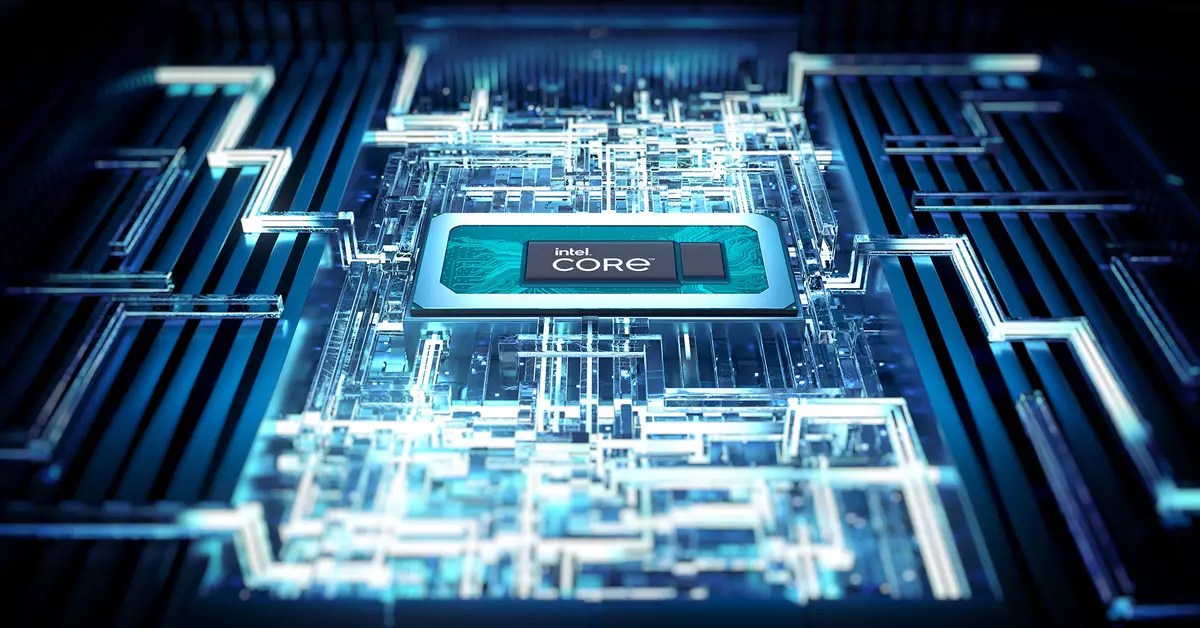After months of speculation, Intel has finally confirmed that its 13th and 14th Gen laptop chips do not exhibit the same instability issue as 24 different flagship desktop chips. The company has stated that these laptop chips are not affected by what Intel is now referring to as “Vmin Shift Instability.”
While Intel has made it clear that Vmin Shift Instability is not definitively the root cause of the crashes, the company is still investigating the issue further. According to Intel spokesperson Thomas Hannaford, laptop chips are essentially not impacted by the instability problem. This confirmation comes after concerns were raised by a game developer, Alderon Games, regarding the potential impact on laptop chips.
Intel has provided a list of products that are not affected by the Vmin Shift Instability issue. This includes 12th Gen Intel Core desktop and mobile processors, Intel Core 13th and 14th Gen i5 (non-K) & i3 desktop processors, Intel Core 13th and 14th Gen mobile processors (including HX-series processors), Intel Xeon processors, and Intel Core Ultra (Series 1) processors.
While most Intel Core 13th and 14th Gen desktop processors are not impacted by the Vmin Shift Instability issue, Intel advises users to ensure they are running the latest BIOS. Users can check for updates using Intel’s Compatibility Tool or their motherboard manufacturer’s website. Following Intel’s Default Settings recommendations for the processors is also recommended.
Intel has reassured users that future chips, such as those on the Arrow Lake and Lunar Lake architectures set to release this fall, will not be affected by the Vmin Shift Instability issue. The company has stated that it will take measures to protect future product families against this problem.
For users who may already have experienced permanent damage to their i9, i7, or K-series i5 desktop CPU, Intel recommends contacting them or their PC builder immediately for a replacement. Most PC makers are offering a two-year warranty extension on the affected CPUs. Users are encouraged to take advantage of this warranty extension if needed.
Overall, Intel’s confirmation regarding the stability of its laptop chips provides some reassurance to users who may have been concerned about potential issues. By staying updated on BIOS updates and following Intel’s recommendations, users can mitigate the risk of encountering problems with their Intel processors. Intel’s commitment to addressing the Vmin Shift Instability issue in future chip releases demonstrates the company’s dedication to quality and reliability in its products.


Leave a Reply